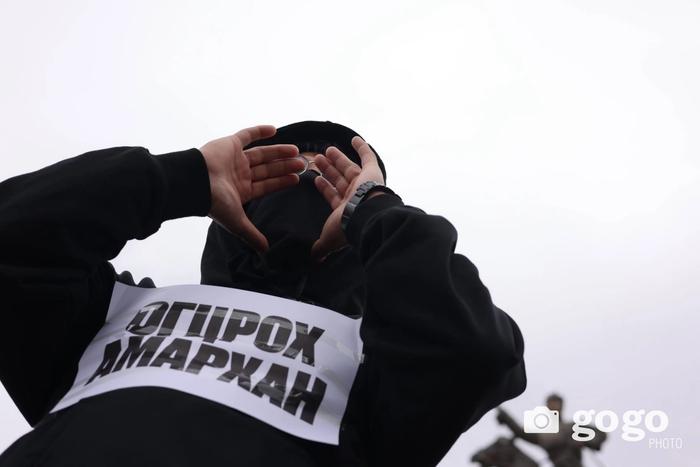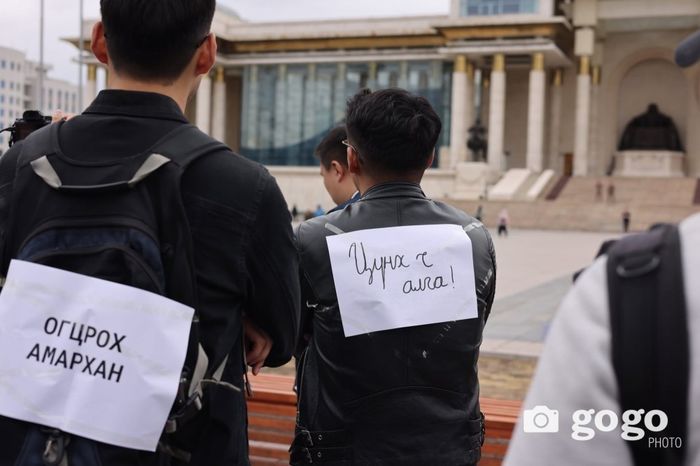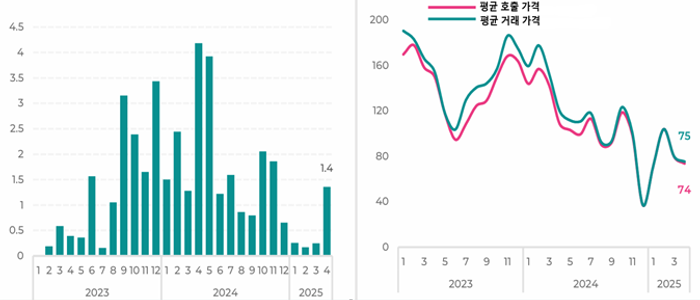
Revolt Against Oyun Erdene and the Question of Democracy Within Mongolia
2025년 8월 12일
The 2025 Mongolian protests ignited due to the corruption scandal involving Oyun Erdene and-his son. Specifically, the issue arose when the fiancee of Oyun Erdene’s son, when she would-post her luxurious gifts onto social media. This has sparked a question of how his son, who has-no active income, could afford such luxury goods, as the state mandated salary for prime-ministers is not enough to cover such expenses. With that the citizens of Mongolia went to the-central square to protest the corruption within the government.
This has sparked a conversation of the lack of democracy and corruption within the Mongolian-Khural, as the issue only exemplified the extent to which the politicians conducted corrupt-schemes to elevate their lifestyle.
As it stands now, the people of Mongolia forced the resignation of the former prime minister-Oyun Erdene and replaced him with Zandanshatar, who is also being questioned by the citizens-on the question of corruption. With that, the question of corruption within the Khural, the-Mongolian parliament, still stands, as neither Oyun Erdene or Zandanshatar exemplify the-standard of non corruption within the government.
Zandanshatar might not have relatives who are obvious about their luxurious lifestyle like Oyun-Erdene does but he is still someone who doesn't lack controversy. He is also accused of-embezzlement of government funds and is seen as a convenient replacement that was assigned only due to the fact that he was the most available person to be assigned as the next-prime minister.

Protests
The protests began by the Liberte youth party and the demonstrations were conducted mostly-by young citizens. Aside from the corruption of Oyun Erdene’s party, issues such as corruption-within the government, air-pollution, unemployment, poverty and taxation were also brought into-question. The youth would gather in Sukhbaatar Square peacefully. They demanded the-transparency of funds gathered by Oyun Erdene and his disclosing of how such funds would be-used. Oyun Erdene’s answer to the dissatisfaction from the people was seen as being evasive-and in line with maintaining his power. On June 3rd, Oyun Erdene resigned after losing a vote of-no confidence.

Limitations
Following the coal mining corruption scandal at the end of 2022, Mongolia undertook a series of anti-corruption and governance measures. These included the establishment of investigative committees and public hearings, the introduction of a mineral exchange to improve transparency, amendments to the Criminal Code and mining-related legislation to strengthen penalties, and the expansion of asset confiscation provisions. The state-owned coal mining and export company, Erdenes Tavan Tolgoi, launched the digital transparency platform “Glass,” which discloses government budget expenditures and allows citizens to monitor them in real time. The ruling Mongolian People’s Party (MPP) also amended its party charter to stipulate the expulsion of members convicted of corruption, strengthened internal ethics education and communication, and implemented greater transparency in party finances.
However, according to the U4 Anti-Corruption Resource Centre under the Chr. Michelsen Institute (CMI), these reforms have had limited impact due to weak enforcement and coordination. The measures are also considered insufficient to dismantle entrenched “systemic corruption” and the elite-centered patronage networks that dominate the political landscape.

Mongolia’s economy remains heavily dependent on coal exports, which accounted for 58% of total exports and over 80% of mineral resource exports in 2023. Mining as a whole contributes nearly 30% of GDP. In the first half of 2025, coal export revenues reached approximately USD 1.8 billion, representing a 39% year-on-year decline. This sharp drop has driven a 14% fall in overall exports, exerting significant pressure on the country’s economy and public finances. The paradox of “resource curse” dynamics—where abundant natural resources become a liability—has been compounded by currency value volatility, leaving the problem deeply entrenched and difficult to resolve.
Proposals to address these structural challenges range from accelerating the energy transition to strengthening public ownership and oversight. Yet above all, the Mongolian public demands that the political elite operate the government with greater transparency and democratic accountability, particularly through robust information disclosure. Citizens also call for effective solutions to address inequality, inadequate public services, and high youth unemployment.
MPP’s response
The protests escalated once the MPP (Mongolian People’s Party) expelled DP (Democratic-Party) from the ruling coalition. This sparked outrage as MPP’s decision to expel DP is seen as-being unconstitutional and Khural’s (or the ruling coalition) existence. The people then-demanded the following of the constitution by parties within the Khural and the dissolution and-complete new Khural to be made. The issue of the president Ukhnaagiin Khürelsükh using this-tense political situation to secure a second term, when only by the constitution, a single six year-term is allowed, has also been voiced by the people. The president denies such a claim.
Zandarshatar
The former Minister of Foreign Affairs, was elected by the overwhelming majority of the Khural. As of now, he is not put under question for his corruption within the government but the youth-stands to be sceptical of him, deeming him as one of the politicians that also could be a part of-the major corruption scheme within the government.
So far, the youth is satisfied with the resignation of Oyun Erdene but they still do not see much-hope within the government itself, as a lot of politicians also were put into question for their part-in embezzling the government funds. The Anti-Corruption bureau within Mongolia still-investigates the politicians involved in the scandal.
Соня
